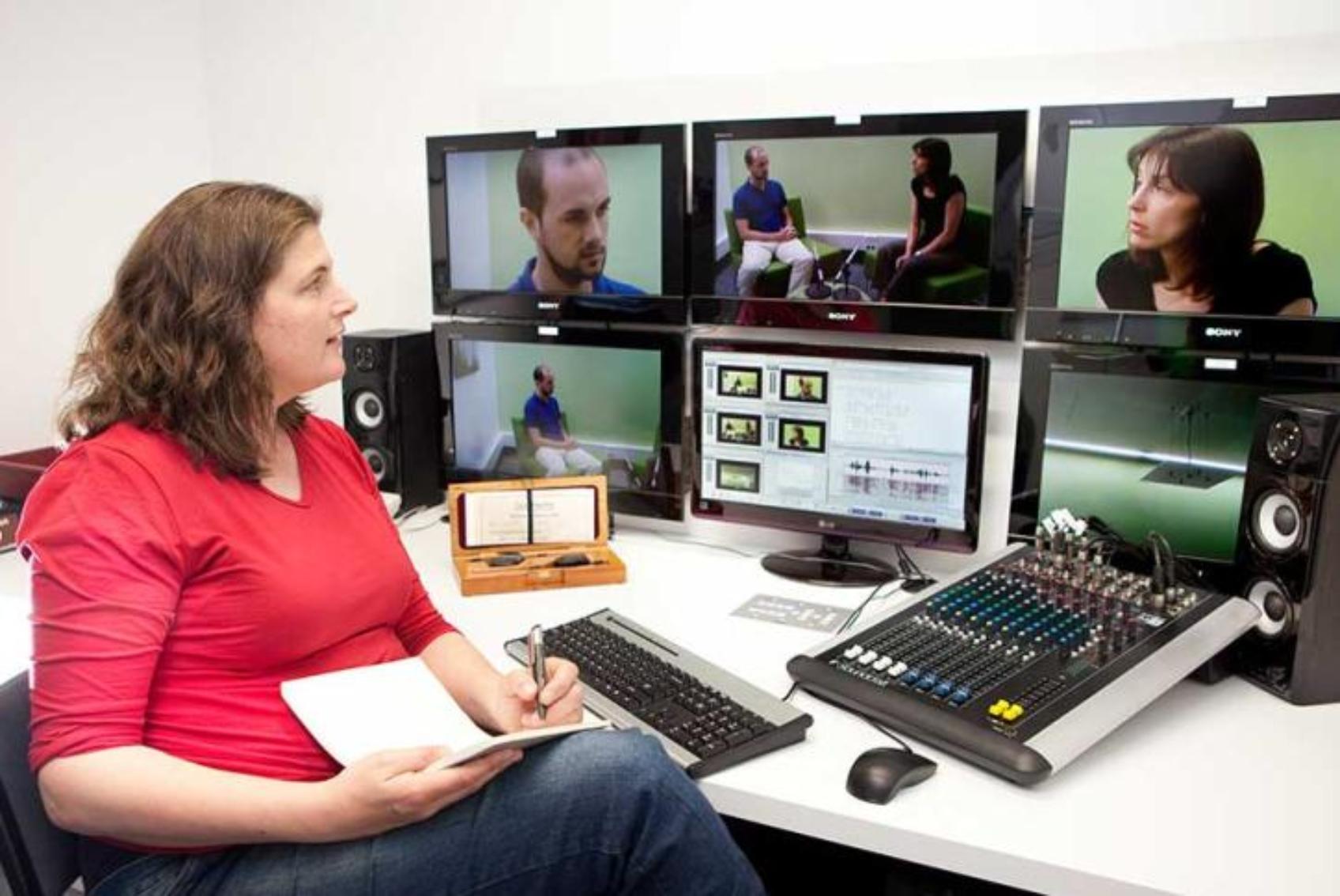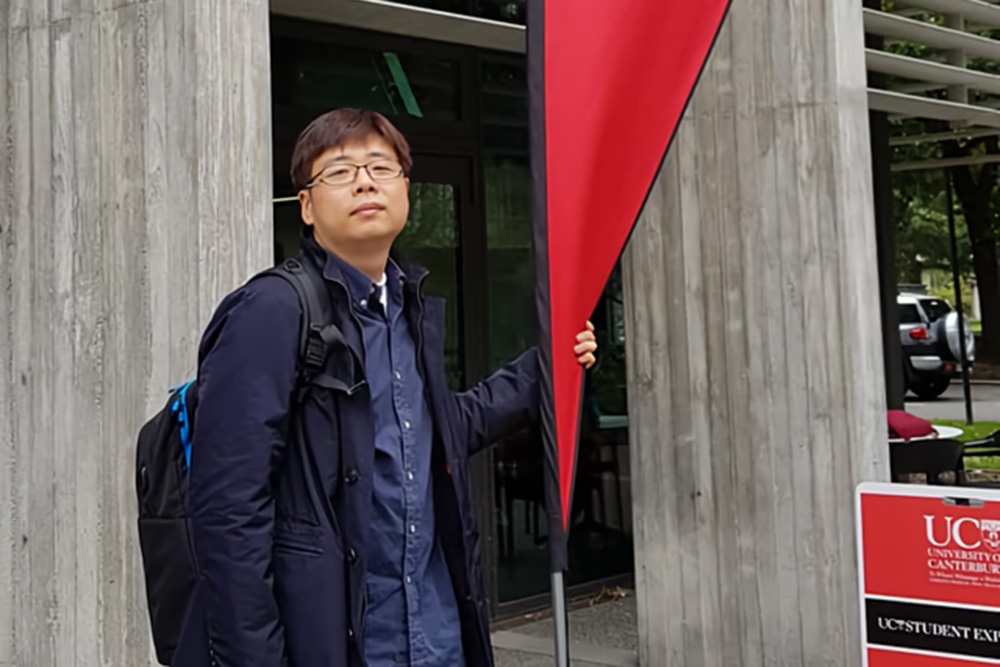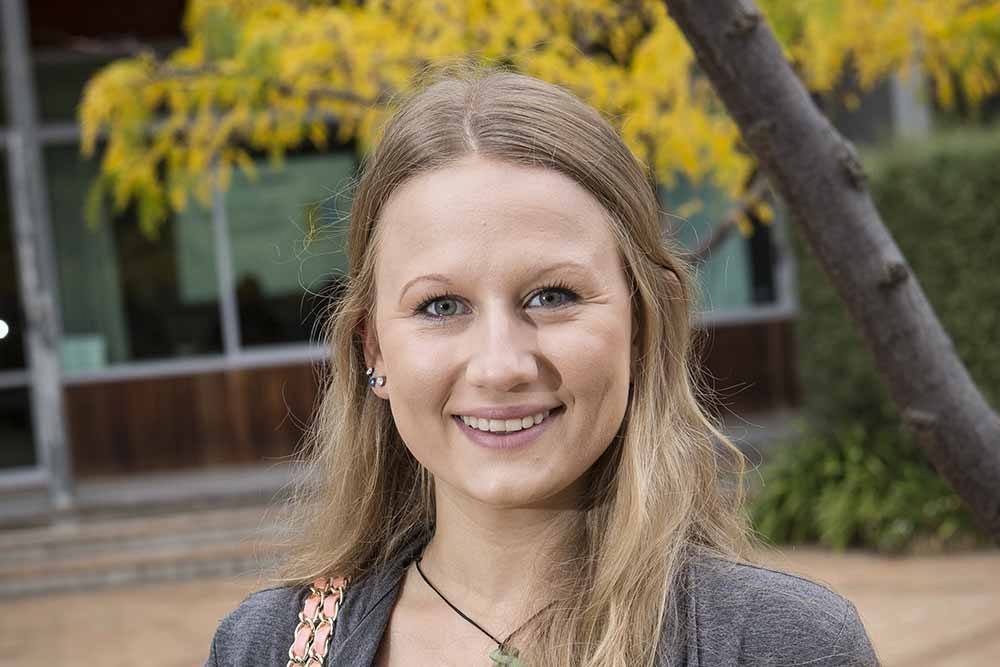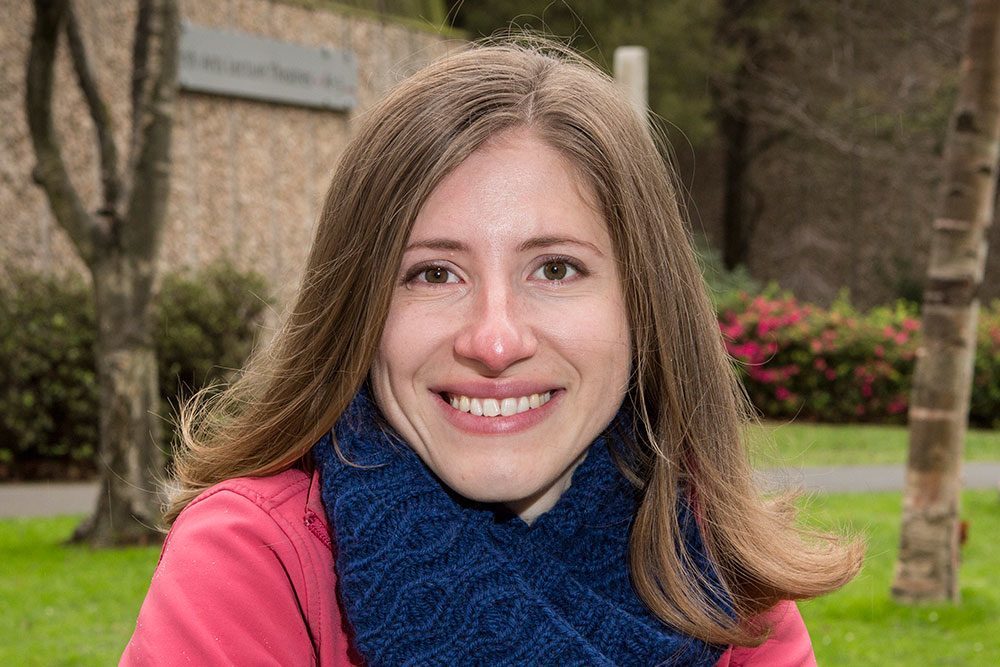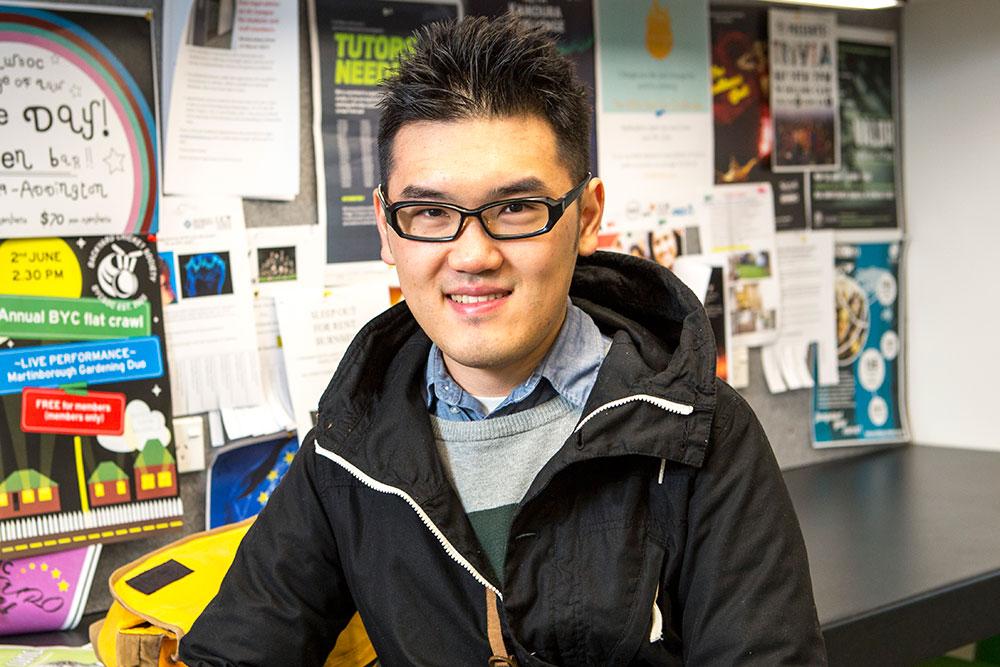Linguistics is the scientific study of language. It addresses questions relating to the structure of language, how and why languages differ and change, how humans acquire and process language, the relationship between language and society, and systems of speech sounds.
It leads to a wide range of jobs and careers including teaching, translation/interpreting, marketing, publishing, journalism, law, medicine, information technology, speech and language therapy, and international relations. In fact, studying linguistics will help prepare you for any profession that requires skills in analytical thinking, problem solving, argumentation, critical thinking, data collection and analysis, and written and oral expression.
